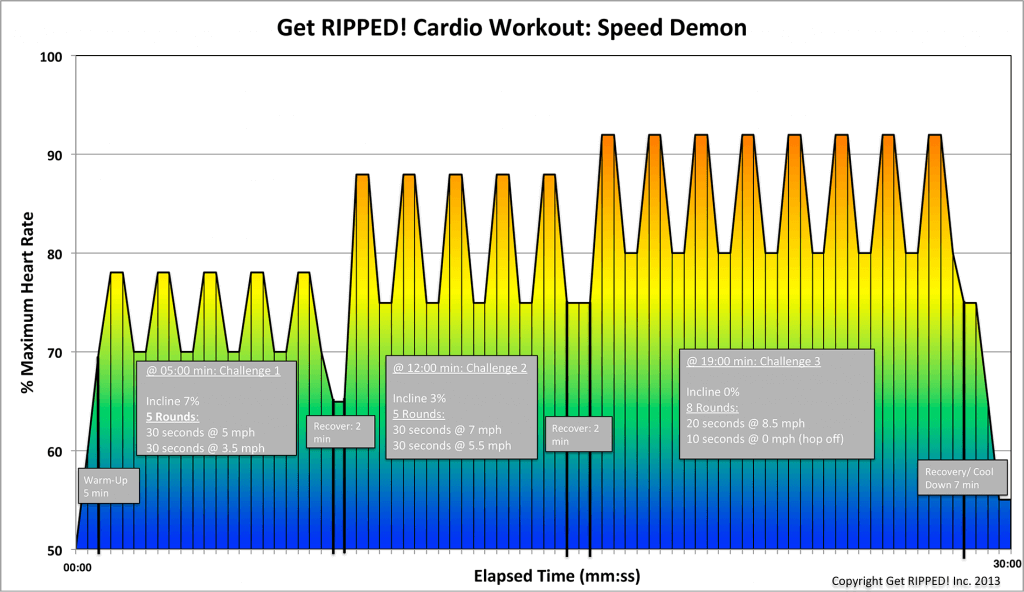Blog
Perimenopause: What is it and what to look for
I was speaking with a member, at the fitness club, and she had spoken to me about some symptoms that she had been experiencing for the last couple of weeks. I had asked her if she was going through perimenopause and she had no idea what it was.
I had explained to her that perimenopause means that a woman is nearing menopause. It’s the transition that the body goes through when it’s on its way to the end of menstruation. This typically happens to woman in their 40s and may display itself as sweating more during the night or having inconsistent periods.
For myself, the first signs of perimenopause were insomnia. I recall waking up at 3 in the morning and it felt as if I had 5 cups of coffee. I had so much energy, but it was only 3 a.m.! I would try to go back to sleep, as I had to teach at 8 in the morning, but it was so difficult to fall asleep. Soon it was 4 a.m., then 5 a.m., and eventually I gave up and just stayed awake. I was so fatigued and taught one of the worst classes ever! I had no idea what was going on with me, so I would take melatonin. While it did help, the affect of not getting proper sleep had taken its tole on me. Eventually, I went to the doctors only to get a prescription for sleeping pills. I tried one, but my energy was so low, and I felt groggy, that I stopped taking them.
The reason why a woman’s body goes through perimenopause is due to a change in hormones, with the most significant hormone to affect the change being estrogen.
During the childbearing years, the body’s hormone cycle is fairly predicable. The hormone levels fluctuate throughout the month according to the menstrual cycle. The ovaries regular the production of estrogen, but with the onset of perimenopause, the production of hormones changes and can lead to varying symptoms.
Some of the more common symptoms of perimenopause are:
- Hot Flashes: Nearly half of all women report suffering from hot flashes and/or night sweats during perimenopause. A hot flash is a sudden wave of body heat that causes the body to sweat profusely and flush. These flashes can last from five to ten minutes, and they can happen anytime during the day or night. The feeling generally starts in the head at the scalp or face.
- Vaginal Dryness: The decreased levels of estrogen that occur during perimenopause can cause the tissue inside the vagina to become thinner and produce less moisture. This dryness can cause irritation, itching, and pain during intercourse.
- Heavy Periods: The fluctuating hormones can cause changes in the menstrual cycle such as thicker uterine lining which causes a heavier period.
- Insomnia: There is some debate about whether the disrupted sleep patterns that emerge during perimenopause are caused by the night sweats or some other factor. Regardless of the cause, nearly 40% of women experience problems sleeping.
- Depression: The decrease in hormones that occur during perimenopause can also affect the mood. Many women report feelings of depression, irritability, and anxiety.
- Mental Changes: Many women complain of decreased memory or difficulty concentrating while in the midst of perimenopause.
Source: https://www.health.harvard.edu/womens-health/perimenopause-rocky-road-to-menopause
Perimenopause is a natural part of the female life cycle. If you’re noticing some of the symptoms listed above, I encourage you to discuss with your doctor or health care professional about the possibility that you’ve entered the perimenopausal stage. Your health care professional can help you discuss treatment options to help relieve some of the symptoms.
Medical Disclaimer: This content is not intended to be a substitute for professional medical advice or diagnosis. Always follow the advice of your physician, and never delay seeking medical care because of something you have read on this website.
Copywrite 2019


